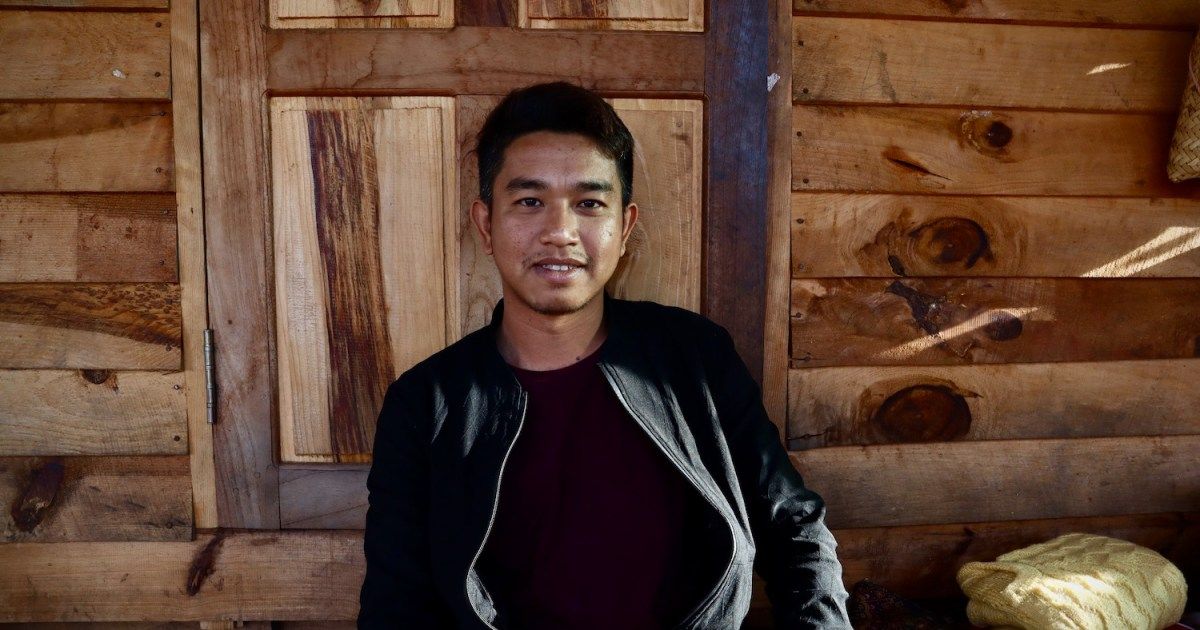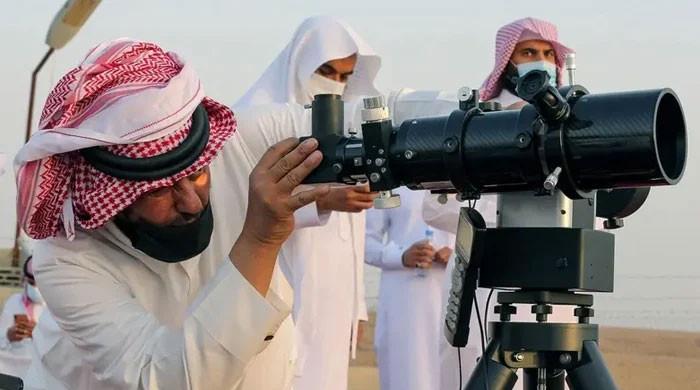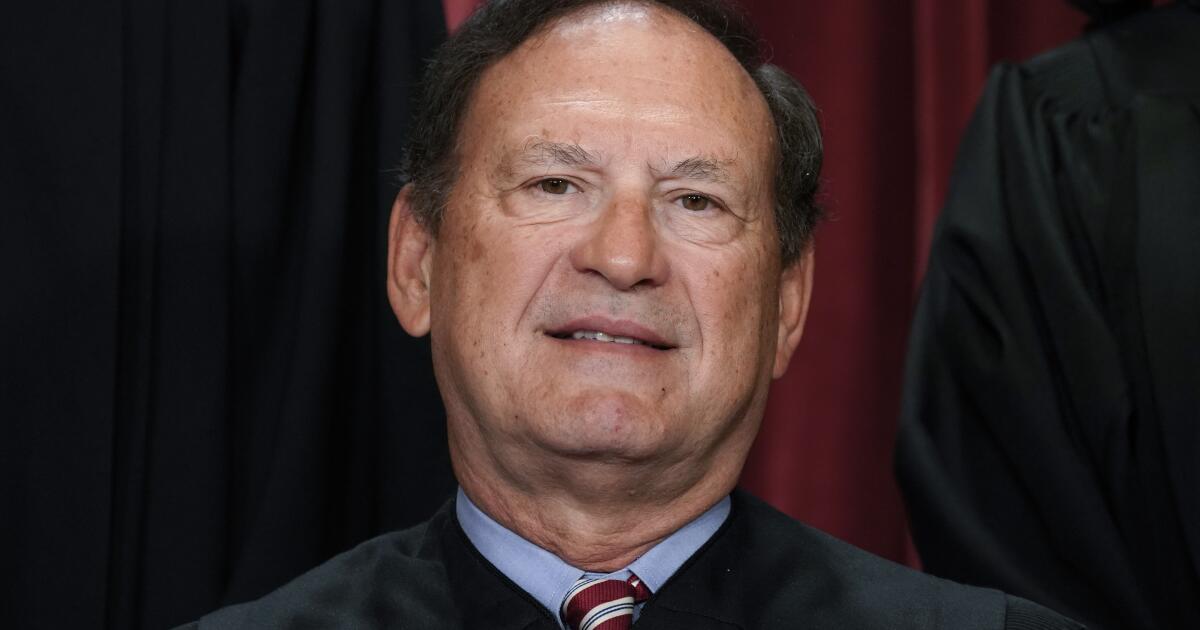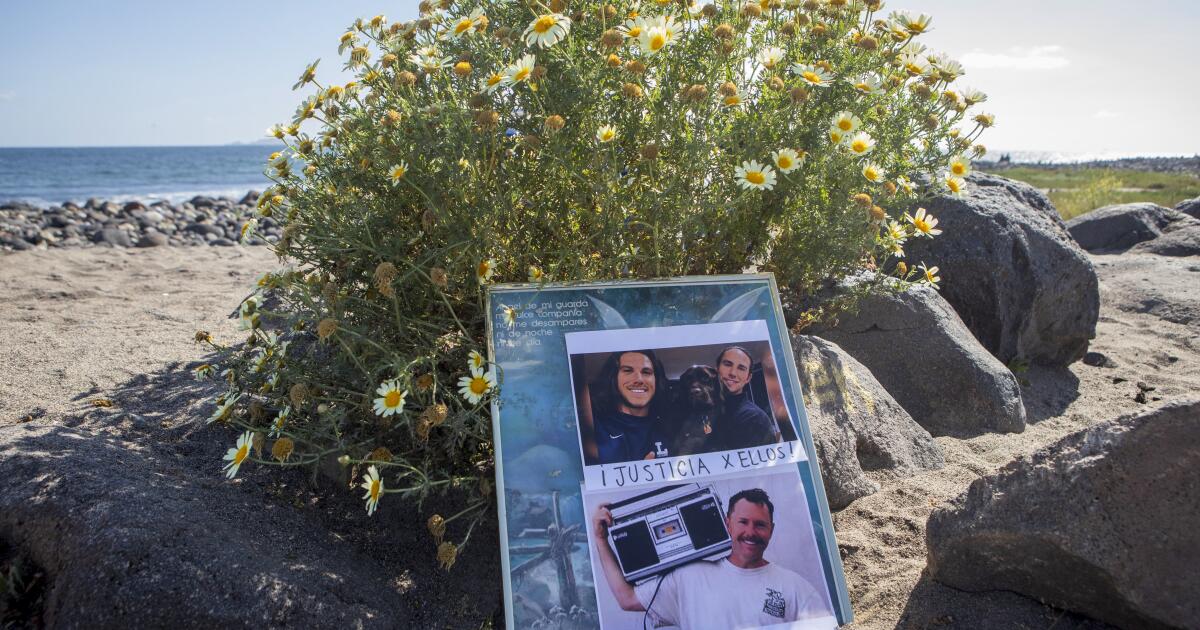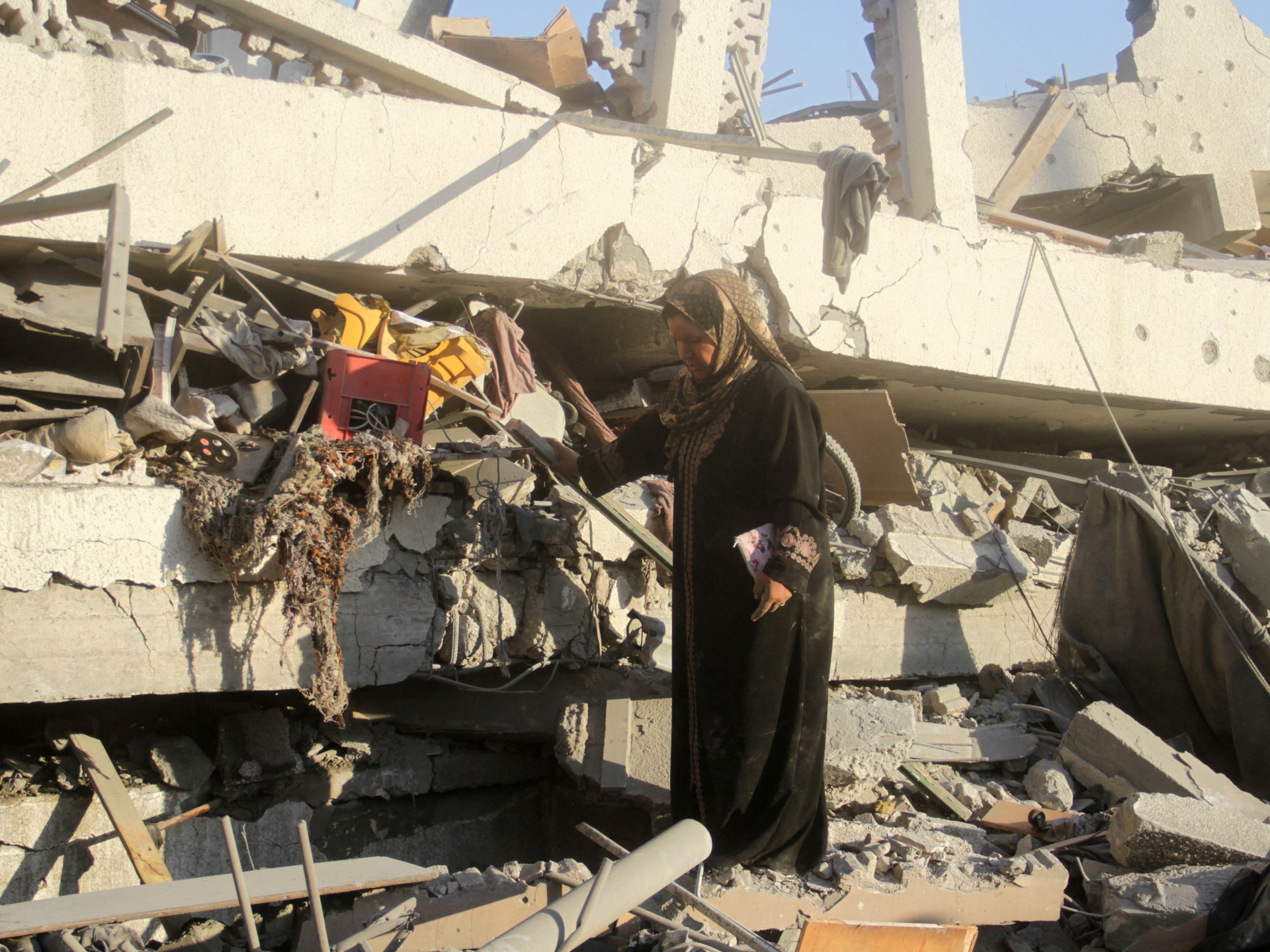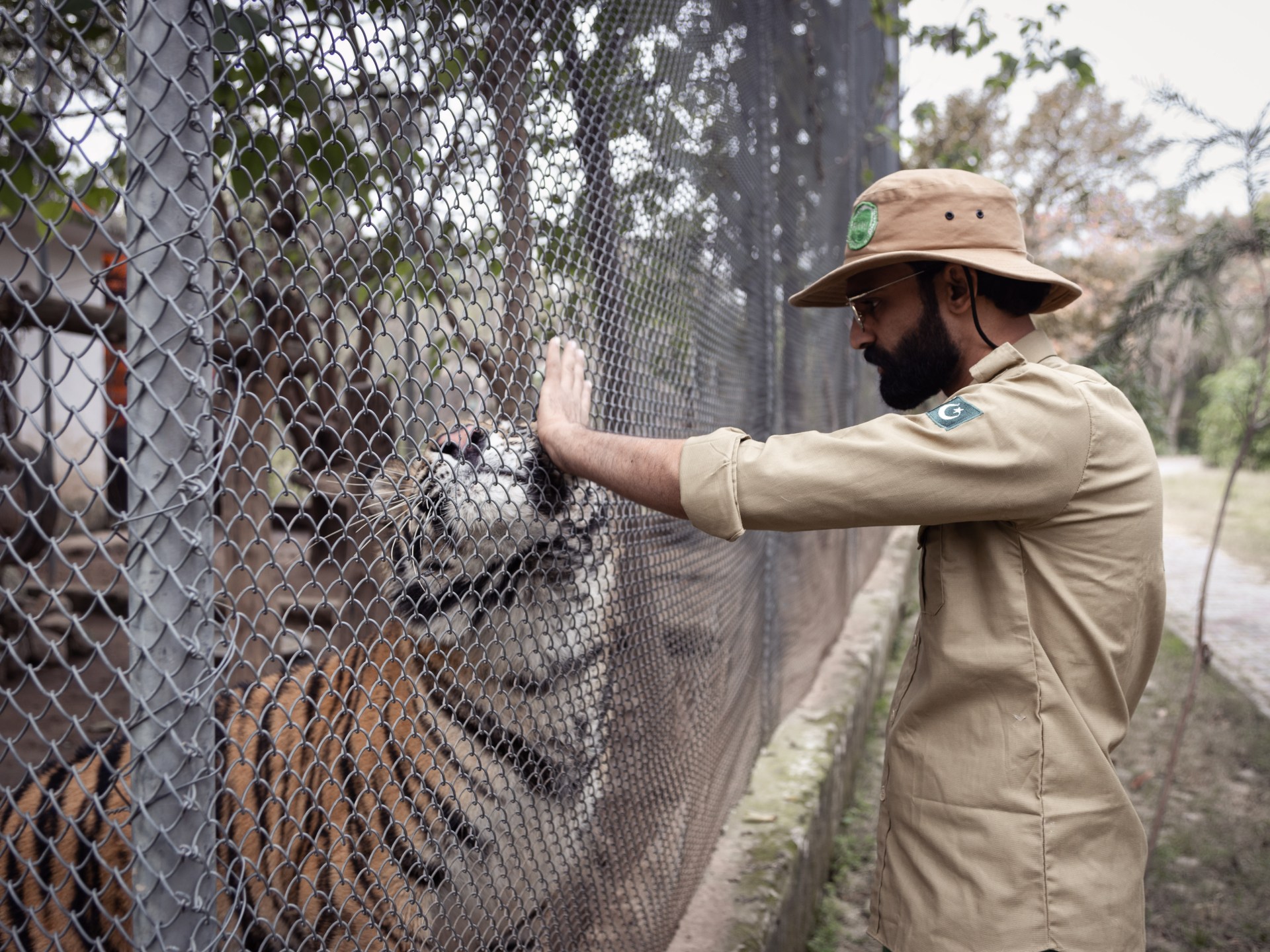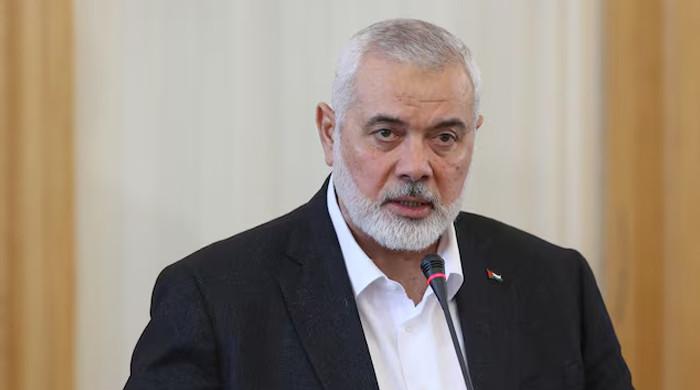Kayah State, Myanmar – When the military took power in February 2021, Dr. Ye was leading a life that many young people in Myanmar only dream of: working as a doctor in London. Coming from a family that supported the military, he had until then paid little attention to politics.
“Before the coup, I was brainwashed,” the 32-year-old told Al Jazeera during an interview in southern Shan State in December. “The blow enlightened me.”
But it also left him reeling from survivors' guilt. He watched from afar as hundreds of people his age and younger were gunned down in the streets during peaceful pro-democracy protests. Soon, those protests transformed into an armed uprising, in which the military deployed massive reprisals against the civilian population.
“For a while I was donating money, but I wasn't happy with it. Every morning when I woke up, I would get depressed seeing the news about the murders, the bombings and the burning villages,” he said.
At his lowest point, Dr. Ye even attempted suicide.
“I decided I had to go back and physically participate in the revolution,” he said.
In April 2022 he traveled to Kayah State, which shares a mountainous border with Thailand. A coalition of anti-coup armed groups has carved out significant territory there and in neighboring southern Shan.
Dr. Ye's decision to move to this “liberated zone” caused a split in his family because his father is an official in the regime's prison department in Naypyidaw, the country's capital.
“We broke up completely, we don't talk at all anymore,” he said, adding that his father had even threatened to arrest him. “I don't think I'll ever change my mind.”
His experience as a pediatrician made Dr. Ye valuable in treating the many children displaced by the conflict, but like all Kayah health professionals, he is also a temporary war doctor.
“I have to stabilize vital signs, monitor blood pressure and heart rate,” he said, of patients brought in after being wounded in the conflict.
Raining bombs
When a resistance fighter was rushed to her clinic in eastern Demoso with a serious injury to his right leg due to an airstrike, Dr. May went to work despite the drone of warplanes overhead. heads.
“We could hear the sound of a fighter jet flying overhead, but we couldn't run anywhere because we had to revive the soldier. So we had to stay there and accept whatever came,” said the 33-year-old, who worked as a general practitioner at a private hospital in Mawlamyine before the coup.
“I could go back to work in a private hospital or go abroad, but if I did I would feel that I am not doing my duty to my country, to my people,” he said.
In the first half of 2023, eastern Demoso was one of the worst conflict zones in the country, and Dr. May began sleeping in a bomb shelter.
“Every day when I woke up I would hear the sound of artillery and sometimes at 2 or 3 in the morning we would hear a fighter jet flying overhead,” he said. “We literally lived underground in the bunker. We had to sleep there, we had to eat there because we no longer felt safe on the surface.”
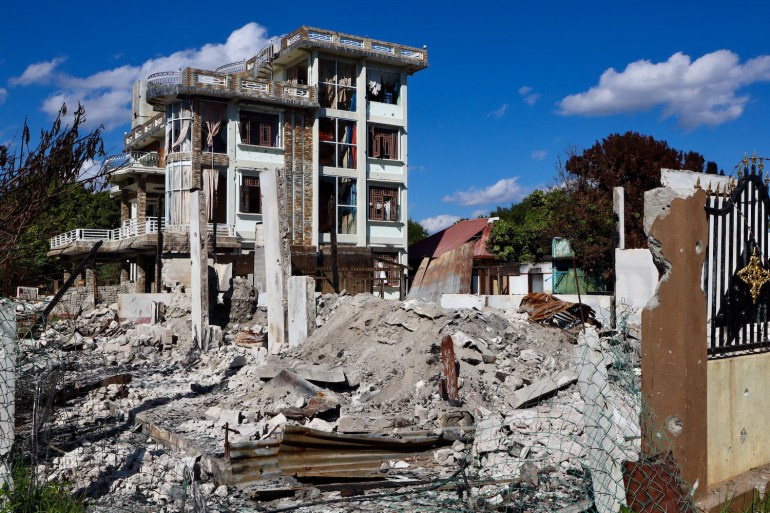
When Al Jazeera visited eastern Demoso on January 4, there was an eerie silence. Fighting had since moved to Loikaw, the state capital, but few civilians had returned to their homes, leaving the area virtually deserted.
Dr. May said the military attacks health care facilities because it knows resistance fighters receive treatment there, even though ordinary civilians also rely on them for life-saving care.
“Because we have been caring for our comrades, including the war wounded, and that is not good for them…” he pauses, thinking of the right word. “These dogs”.
Since the coup, people in Myanmar have begun referring to the regime's soldiers as sit-kway, or “military dogs.”
The Geneva Convention says that health establishments and mobile health units “may in no case be attacked.”

After months of near misses, Dr. May's hospital was hit by an airstrike in May 2023.
“I felt like I was suddenly on a battlefield, inside my own coffin, everything flashed before my eyes,” he said. Fortunately, no one died, but the hospital buildings were destroyed.
Dr. May's hospital has since moved to a more stable part of the state, and Dr. Ye said his facilities have also been moved three or four times. Dr. Oak, who performed autopsies on victims of the Christmas Eve massacre, said he, too, had to move twice. Once, a missile landed next to his hospital in Nanmekhon, Demoso township. The second time, an airstrike hit his facility in the northern municipality of Loikaw. Dr. Oak was taking a break using the Internet in the city, but four of his doctors died.
For this reason, most of Kayah's hospitals are not only hidden but also equipped with bomb shelters.
First line
When Al Jazeera visited one of these clandestine hospitals in late December, a member of the Demoso People's Defense Forces (PDF) was moaning in his bed.
“It hurts so much I can't sleep,” he said. The PDF are an armed pro-democracy group with units spread throughout the country. The fighter's legs were seriously injured during an airstrike in Loikaw; Doctors had already amputated one of his feet.
Half of the 12 patients in the hospital had been injured by landmines in Moebye, a town in southern Shan that is largely controlled by the resistance. The military apparently rigged it with explosives before withdrawing in September 2022.
A 20-year-old woman who worked as a nurse at the clinic was a trainee nurse at Loikaw Hospital before the coup. She spent six months as a frontline medic for the Karenni Nationalities Defense Force (KNDF), another post-coup armed group, before arriving at the hospital.
“I want to help in any way I can,” he said, refusing to reveal his name for fear of retaliation. “Nothing is too difficult for me to help people, to save them.
Another 20-year-old KNDF medic, who was a high school student when the military took power, said he had to rush to the battlefield unarmed to pull out wounded soldiers.
“Our rule is medical, not weapons. I see the military shooting my comrades and I want to shoot them so badly, but I can't,” he said.
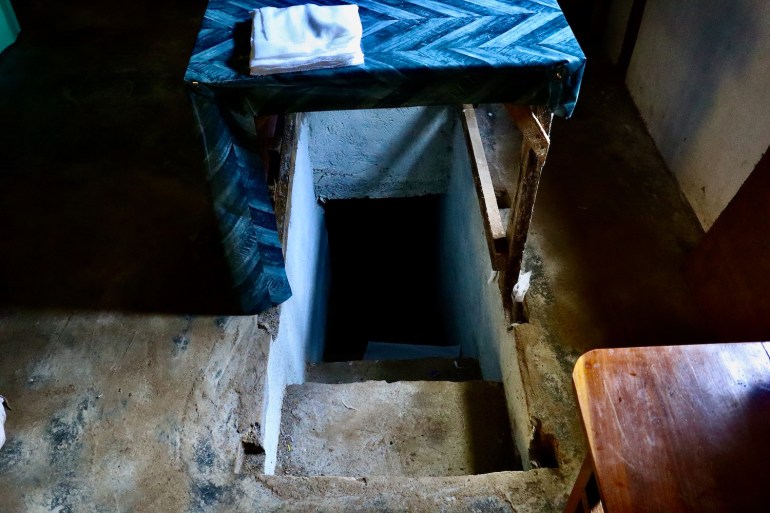
In the town of Loikaw, the commander of the KNDF battalion overseeing the medical response told Al Jazeera that three of his doctors had died since the resistance launched an offensive to seize the capital in the final months of last year.
“They send drones to survey the area and if they find us, they send an airstrike, so we have to move every few days,” he said.
He continues to pray for a peaceful solution to the crisis, but is willing to fight until the end.
“We always pray for their compassion, that they would see the truth, turn to us and give up, but they never do,” he said. “So we have to put an end to them once and for all.”
Despite the hostile and frightening environment, Dr. Ye says he has found unexpected satisfaction and understanding in Kayah.
“I didn't know much about all the difficulties that were happening in the border areas because I think I decided not to,” Dr. Ye said. “Before the coup, I was not the only one. “Most of us Bamar decided not to think about the conflict.”
For decades, Myanmar's ethnic minorities have struggled under occupation and military oppression, while majority Bamar areas rarely saw armed conflict. But today, the uprising against military rule has also taken root in the central Bamar heartland, and many Bamar youth have joined armed ethnic groups in the border areas.
Dr Ye said his “firm hope” was that there would be greater ethnic unity after the revolution. When he is asked about his plans after the war, he says that he will need to help with the “rehabilitation” of Myanmar.
“I used to have a lot of dreams in London, but I don't want to think about it because this is my life now,” she said. “My country needs me. Even if the revolution ended tomorrow, I wouldn't be able to return to London right away because my people will still need me for a while.”

